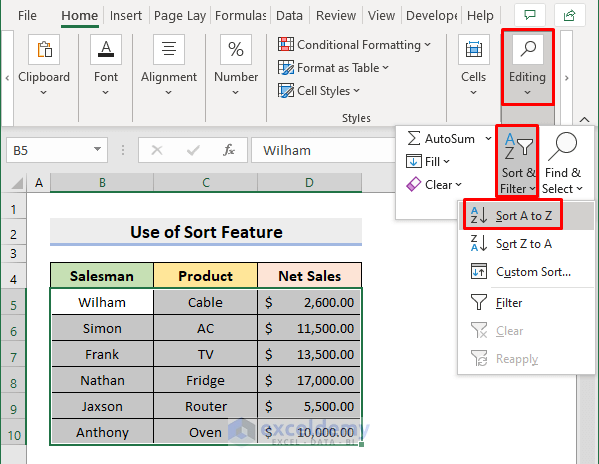Paperwork Needed to Launch Your Sole Proprietorship Business

Starting a sole proprietorship is an exciting journey for many budding entrepreneurs. It's the simplest form of business structure, where you, as the owner, are personally responsible for all aspects of the business, including liabilities and profits. Before you can launch your venture, you'll need to gather several documents and understand the legal steps required. Here's a comprehensive guide to help you navigate the paperwork needed to launch your sole proprietorship business.
1. Business Name Registration

While it’s not always required to register your business name if it’s your legal name, choosing a trade or fictitious name different from your personal name necessitates registration:
- DBA (“Doing Business As”) Registration: If your business name does not include your surname or closely resembles your personal name, a DBA certificate is needed to operate under that name. This process varies by state but typically involves:
- Checking for the name’s availability to ensure it’s not already in use.
- Filing the DBA form with your local county clerk or state agency, often incurring a fee.
- Publishing a notice in a local newspaper, in some states.
2. Employer Identification Number (EIN)

The EIN, also known as the Federal Tax ID, is a unique identifier for your business, similar to your social security number. While sole proprietors can use their SSN for tax purposes, an EIN is beneficial for:
- Hiring employees.
- Opening a business bank account.
- Reducing identity theft risk.
- Establishing business credit.
📌 Note: Applying for an EIN is free and can be done online via the IRS website. You will receive your EIN immediately upon application.
3. Business License and Permits

The necessity for licenses and permits varies widely depending on your business type, location, and local regulations. Common requirements include:
- A general business license, which most municipalities require for operating a business.
- Special permits if your business involves:
- Food service, requiring health permits.
- Selling alcohol or tobacco.
- Professional services, often necessitating a professional license or certification.
4. Zoning Permits

If you’re planning to operate your business from home, or if your business type has specific zoning restrictions, you might need to obtain:
- A home occupation permit, which ensures your business activities comply with residential zoning laws.
Similarly, for a physical storefront or office space, you’ll need to:
- Verify zoning laws to ensure your business can legally operate at the chosen location.
5. Sales Tax Permit

If your business will involve selling tangible goods or certain types of services, you’ll need to:
- Register for a Sales Tax Permit with your state’s tax authority to collect and remit sales tax.
This is often required even if you sell online, but check your local regulations for specifics.
6. Tax Registration and Filings

As a sole proprietor:
- You must report all business income on your personal tax return, typically through Schedule C (Form 1040).
- Quarterly estimated tax payments may be necessary to avoid penalties.
- Register with your state’s department of revenue for state taxes if applicable.
7. Insurance

While not a legal requirement, having appropriate insurance protects your personal assets. Consider:
- General liability insurance: To cover claims related to bodily injury, property damage, and advertising injury.
- Professional liability insurance: If you provide professional services, to cover errors or negligence claims.
- Workers’ compensation insurance: If you plan to hire employees.
8. Contracts and Agreements

Having contracts in place is crucial for:
- Service agreements to outline expectations and scope with clients.
- Non-disclosure agreements (NDAs) for protecting proprietary information.
- Employment contracts for employees, outlining terms of work.
Embarking on your journey as a sole proprietor involves careful preparation with the paperwork discussed above. By ensuring all your legal and administrative ducks are in a row, you set yourself up for a successful and compliant start to your business venture. Keep in mind that each state might have slight variations in requirements, so consulting with local authorities or a business advisor can provide clarity and guidance tailored to your specific needs. Now, with all the paperwork sorted, you're one step closer to turning your business dreams into reality.
What if my business name is just my surname?

+
If your business name is simply your surname or a close variation, you might not need to register a DBA. However, consult local laws to ensure compliance.
Do I need a business license if I work from home?

+
Yes, in many cases, even home-based businesses require a general business license. Check with your local government for specific requirements related to home occupations.
How long does it take to get an EIN?

+
Applying for an EIN online will provide you with your number immediately upon submission, making the process very efficient.
What happens if I miss a quarterly tax payment?

+
Missing a quarterly estimated tax payment could result in penalties and interest on the unpaid amount, so it’s important to keep track of your tax obligations.



